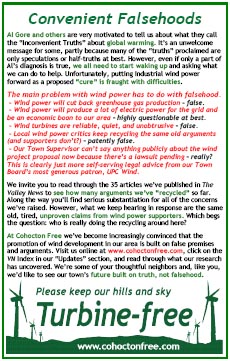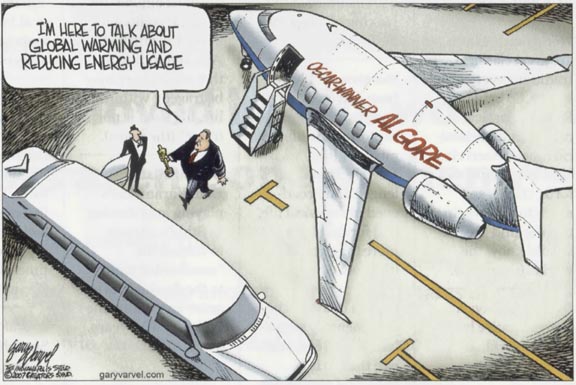The modern concern about the environment, and the very development of the science of ecology, began in the middle of the nineteenth century when human power over creation began to expand rapidly. As we might expect, good and evil were inextricably mixed in this development. On the one hand, industrialization and modern agriculture have enabled more people to live – and live a more fully human life – than ever before. After a difficult transition period, for instance, manual laborers in advanced economies achieved a security and sense of dignity never before seen in any society. Advances in technology have made famine – which was a regular scourge to humanity around the globe before modern times – a thing of the past, except in places where political tyranny or turmoil prevent intelligent development. Advances in medicine have all but eliminated diseases such as smallpox, tuberculosis, and malaria, and have made formerly life-threatening maladies such as measles, mumps, and others, relatively minor nuisances. All of this was achieved by the slow and patient accumulation of human knowledge and the creation of free institutions that enabled the fruits of that knowledge to be shared by even larger numbers of people.
On the other hand, industrialization also had its negative effects. Early industrialization polluted cities, disrupted agricultural communities, and challenged modern nations to find ways to integrate growing urban masses. However, these were largely transitional problems. Today, it is precisely industrialization, new forms of agriculture, and other human advances that are making it possible for humans to increasingly live well and in proper relation to the earth. Even in difficult cases, such as the increase in greenhouse gases, we want to be wary of taking too narrow a view of the matter that neglects a broader perspective on the goods of development. Fossil fuels, which come from beneath the earth, have made it possible for us to forego the far more destructive, inefficient, and polluting use of wood and other so-called natural fuels that must be harvested from the earth’s surface. Paradoxically, fossil fuels may have even helped save whales from extinction. Prior to learning how to use petroleum, humans had few alternatives to whale oil for generating heat and light.
Moreover, fossil fuels, such as coal and oil, have also had far-reaching positive environmental effects that a good steward should wish to consider in drawing up the global balance sheet. The first effect is to make it possible for farmers to replace beasts of burden with machines and, therefore, to cultivate land more efficiently. (Much of the developing world is now beginning to undergo this process of agricultural modernization today.) Second, fossil fuels have been turned into fertilizers that, together with new pesticides, other means of preventing spoilage, and advances in new plant species – the so-called Green Revolution – have produced so much more food per acre that large amounts of land have now been spared from cultivation altogether. For example, America’s forests, contrary to popular perception, have been growing steadily for the past fifty years and are actually larger than they were one hundred years ago. Even in the heavily populated coastal areas, small farms have returned to forestland. The result of all this is that despite its vast fossil-fuel consumption, North America currently shows a net minus in the amount of carbon dioxide it puts into the atmosphere. In other words, North America absorbs more carbon dioxide through plants and forests than it emits through industry. No one intentionally set out to produce these consequences, but human ingenuity, aimed at doing better with greater cost efficiency and lower amounts of raw materials, seems here to reflect a providential convergence of man and nature. Now that we are conscious of the effects of our activity on nature, we can set out to do even better.
If other countries in the world could imitate such ingenuity and efficiency, we would not see an exhaustion and despoliation of natural resources. Instead, we would see their enhancement and protection. Agricultural scientists have estimated that if the rest of the world could achieve the level of efficiency and care for the land exhibited by the average farmer in the developed world, then ten billion people – which is almost twice the current world population, and is a larger figure than is now expected when the population levels off in the middle of the century – could be fed on half the land. Put into concrete terms, this means that an area the size of India could simply be left untouched worldwide in spite of population growth. It is a modern scandal, then, that out of a misguided concern for the earth, some philanthropic foundations and environmental groups from developed countries, and some international agencies as well, have discouraged, or even refused to support so-called "unsustainable" agricultural practices. These practices are, in fact, necessary for saving and improving the lives of the world’s poor and hungry.
Excerpted from "The Catholic Church and Stewardship of Creation" recently published by The Acton Institute.
Labels: Ecology, Global Warming, Morality




















